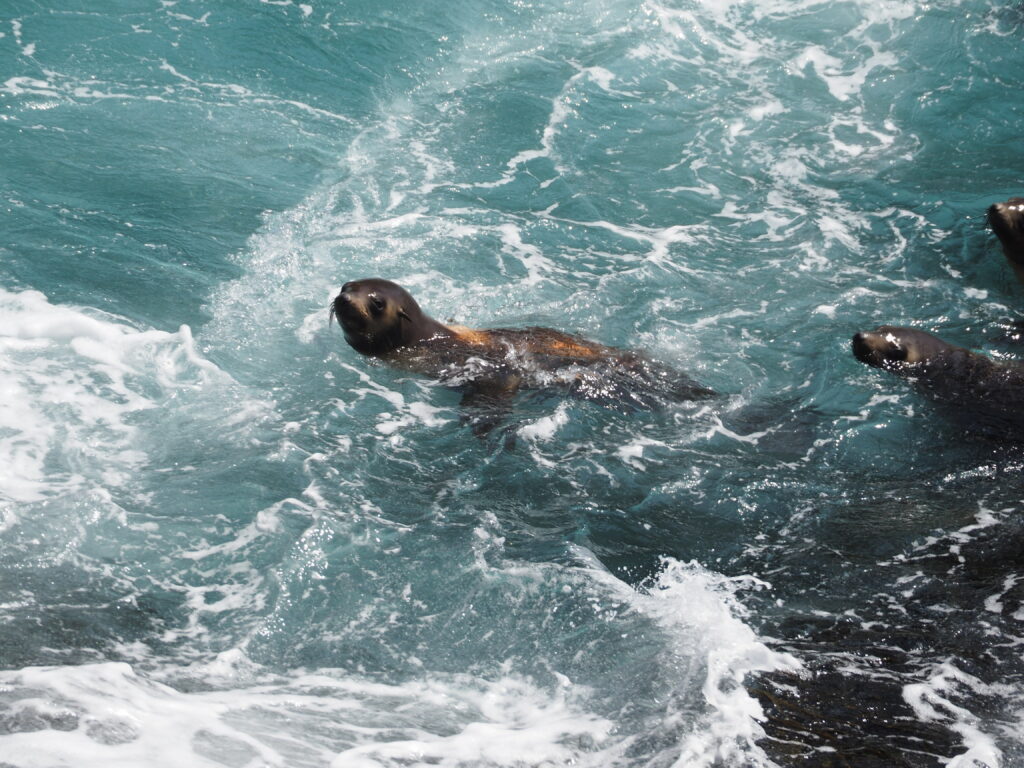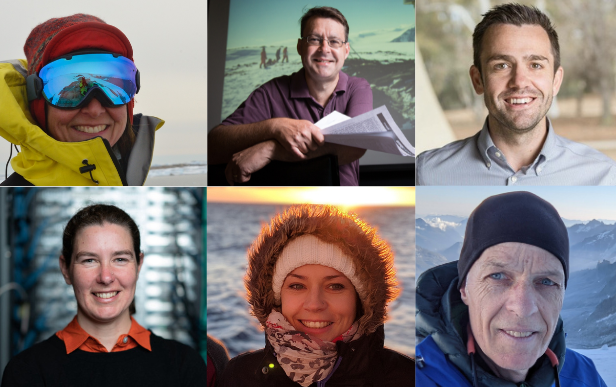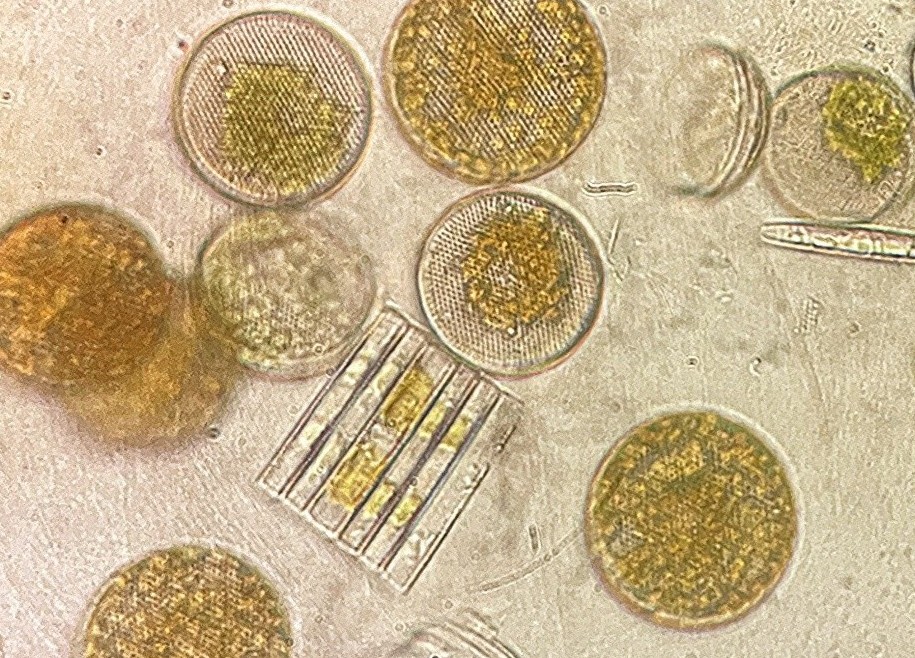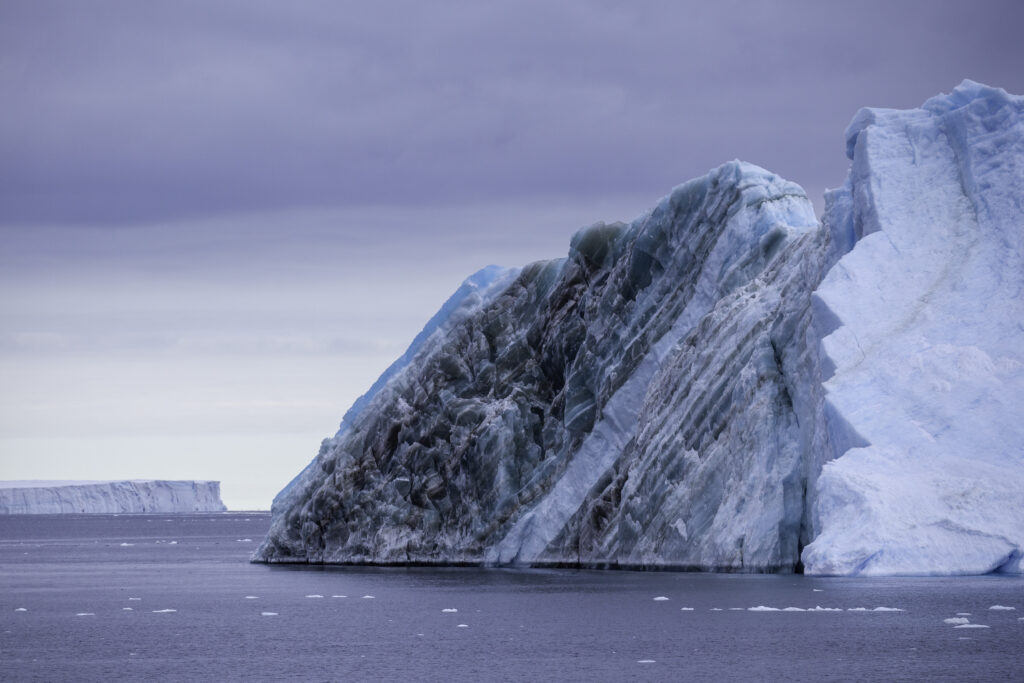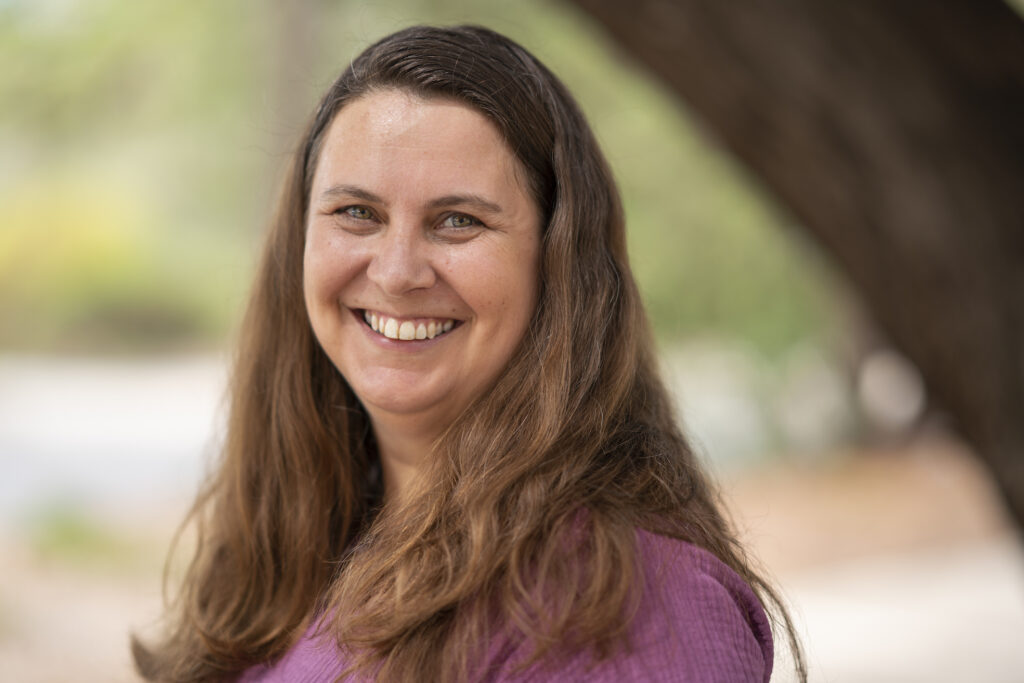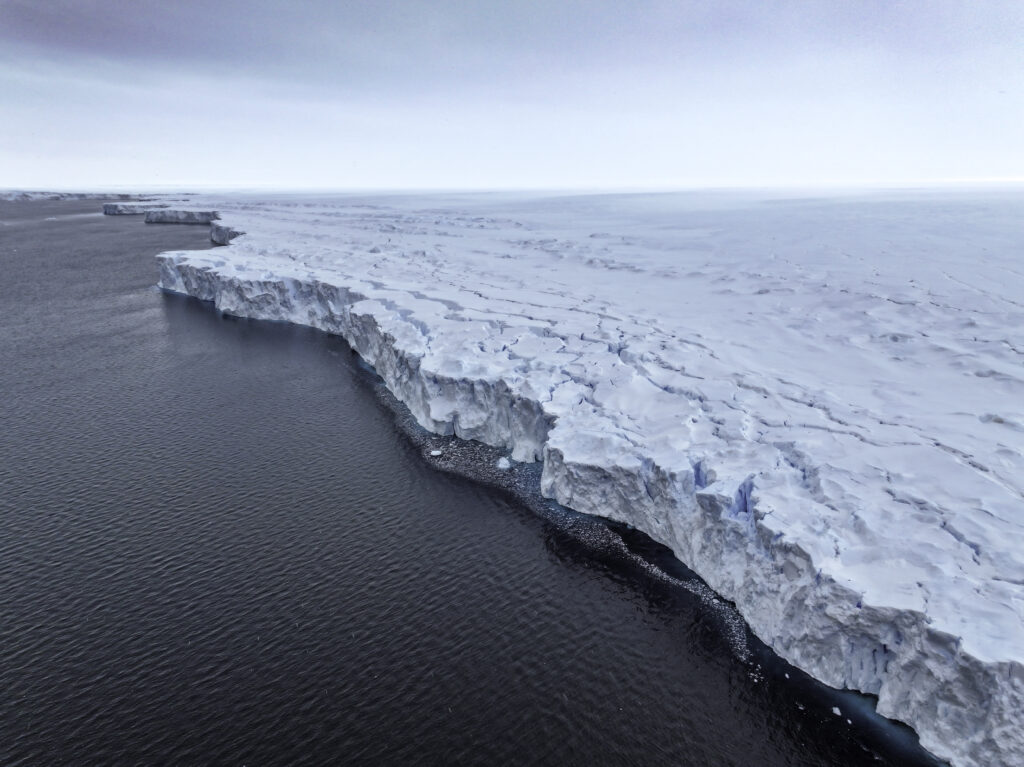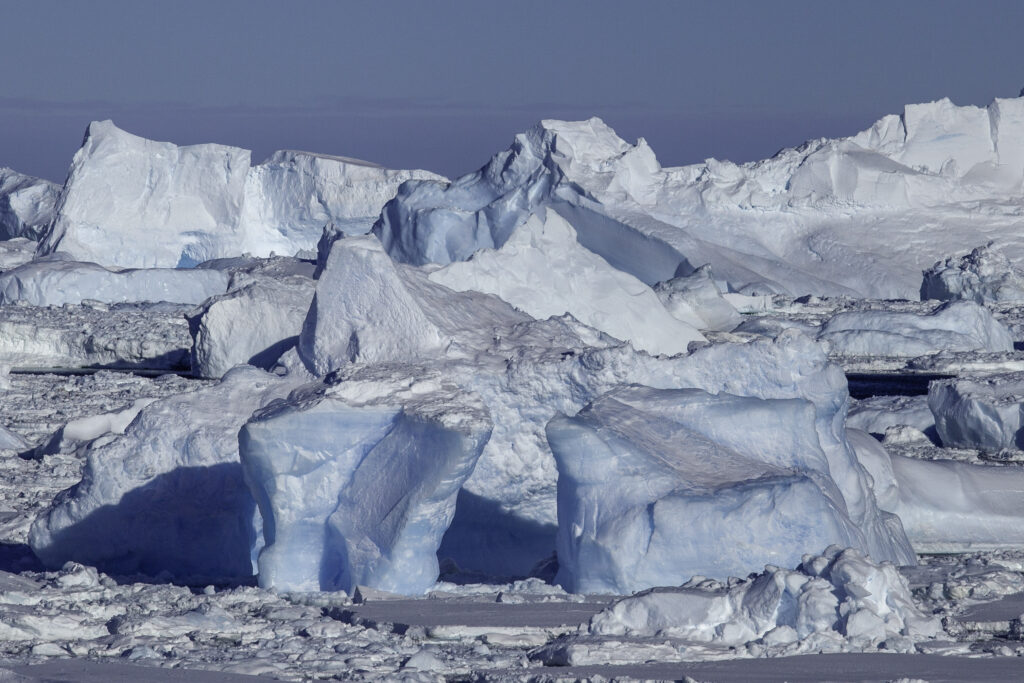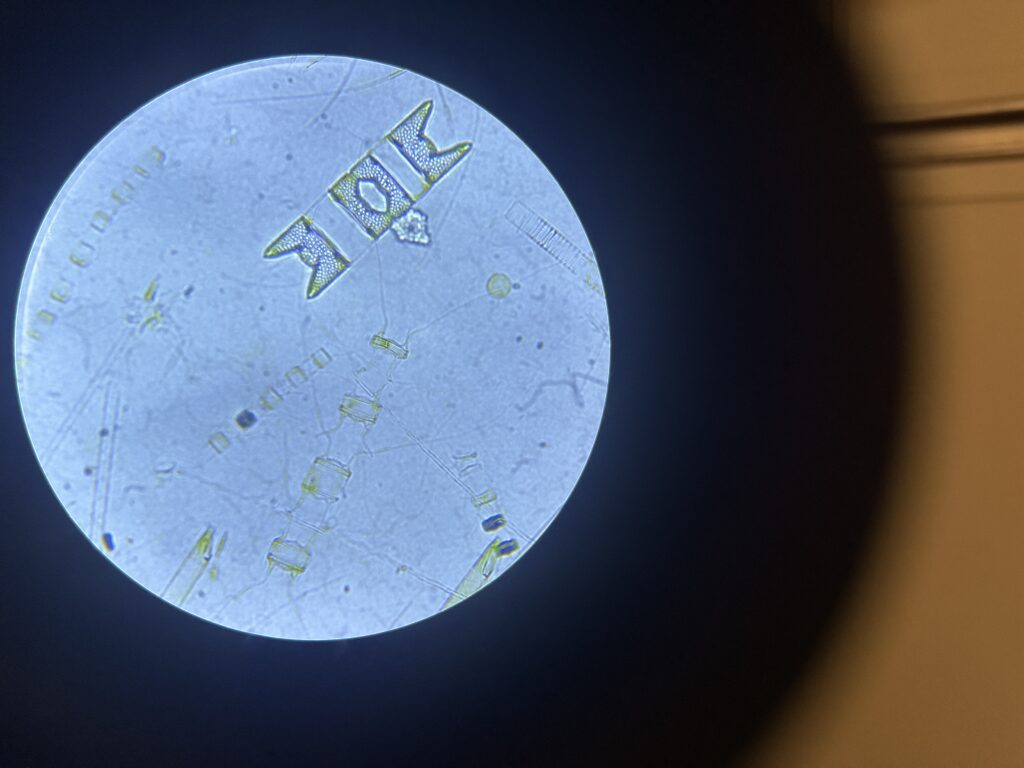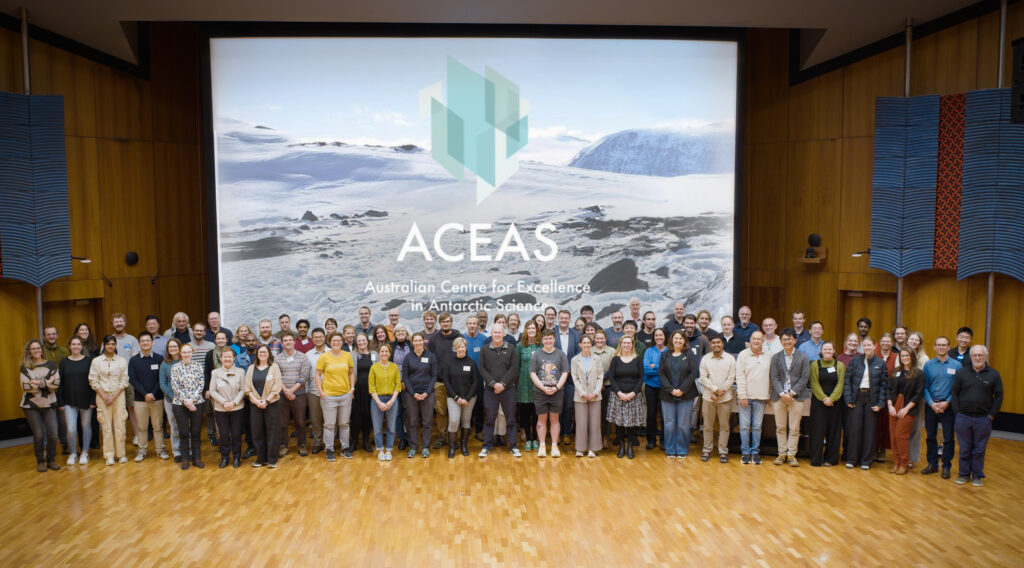Extreme weather threatens survival of seabirds and seals
Extreme weather threatens survival of seabirds and seals Scientists have identified the Australian and Antarctic marine predators most vulnerable to the impacts of climate change, and it will help focus conservation efforts for species under threat. The new PhD study, published in Global Change Biology, highlights the need to understand how severe weather impacts species […]
Extreme weather threatens survival of seabirds and seals Read More »
